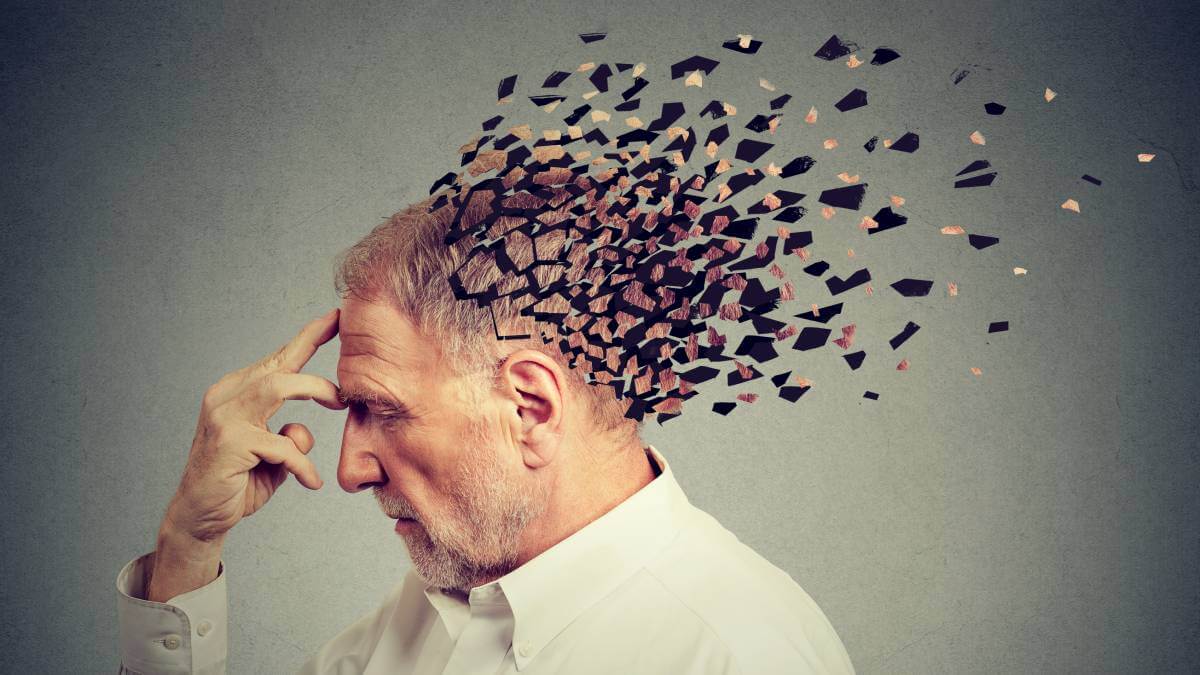“Memories light the corners of my mind” – so sang Barbra Streisand in her classic song, The Way We Were. Funnily enough, that song’s opening line has forged a specific memory in my own mind.
In the 1970s, Streisand’s song was used in an ad for OTC Australia, the company that facilitated overseas phone calls.
Overseas phone calls being a ‘big thing’ has long been consigned to the pages of history. But I’ve never forgotten that ad. It’s an imprinted memory; the first thing that springs to mind when I hear Barbra’s mournful tones.
Why is that locked in my mind, seemingly forever, while I struggle to recall where I put my keys? It’s all part of the wonderful aspect of our brains we call memory.
Forgetting is the key to a good memory
As counterintuitive as it might seem, forgetting is one of the most important features of a good memory. Earl K. Miller, professor of neuroscience at the Massachusetts Institute of Technology, explains why: “If we literally remembered everything, it would be too much for our brains. Our brains would be completely overwhelmed. We always have selective memory.”
So it turns out our memory capacity is a lot like that of a computer – it’s finite. Unfortunately, unlike a computer, we can’t expand it with the simple addition of a new chip. Instead, we drop some memories to make room for others. If we didn’t, our brains simply wouldn’t cope.
And let’s face it, we would not want to remember everything. Do you want to remember every moment of that time you were really sick and spent hours hunched over a toilet bowl? I’m guessing not.
Remembering that overall event might not be a bad thing, especially if it was induced by overindulgence. But you don’t need to file away the memory of every ‘hurl’! Save that space for good memories, and important ones.
Daniel Schacter, psychology professor at Harvard University and author of The Seven Sins of Memory, puts it more succinctly. “We don’t want a memory system that’s going to encode every single trivial detail of our experience and retain that over time,” he says.
Can we train our brain as we get older?
As we get older our memory capabilities diminish. It peaks at around the age of 20 in most people, experts say. From the early 20s on memory begins a long, slow decline.
But there are a host of things we can do to help keep our memory capacity in good shape for longer. Things such as learning a new skill or volunteering for community can help form new neural pathways in our brains.
To help you remember the simple things, try following a daily routine, plan tasks, and make to-do lists. And your keys? Put them in the same place each day, along with your wallet or purse, keys, phone, and glasses.
All these things are likely to help you remember the important things. Whether they will help you forget useless things like a 1970s TV ad featuring Barbra Streisand is another thing altogether!
Do you forget simple things like names, dates and where you put your keys? Do you have any memory tips to share? Let us know via the comments section below.
Also read: Neuroscientist’s go-to nutrients for brain and memory support
Health disclaimer: This article contains general information about health issues and is not advice. For health advice, consult your medical practitioner.

